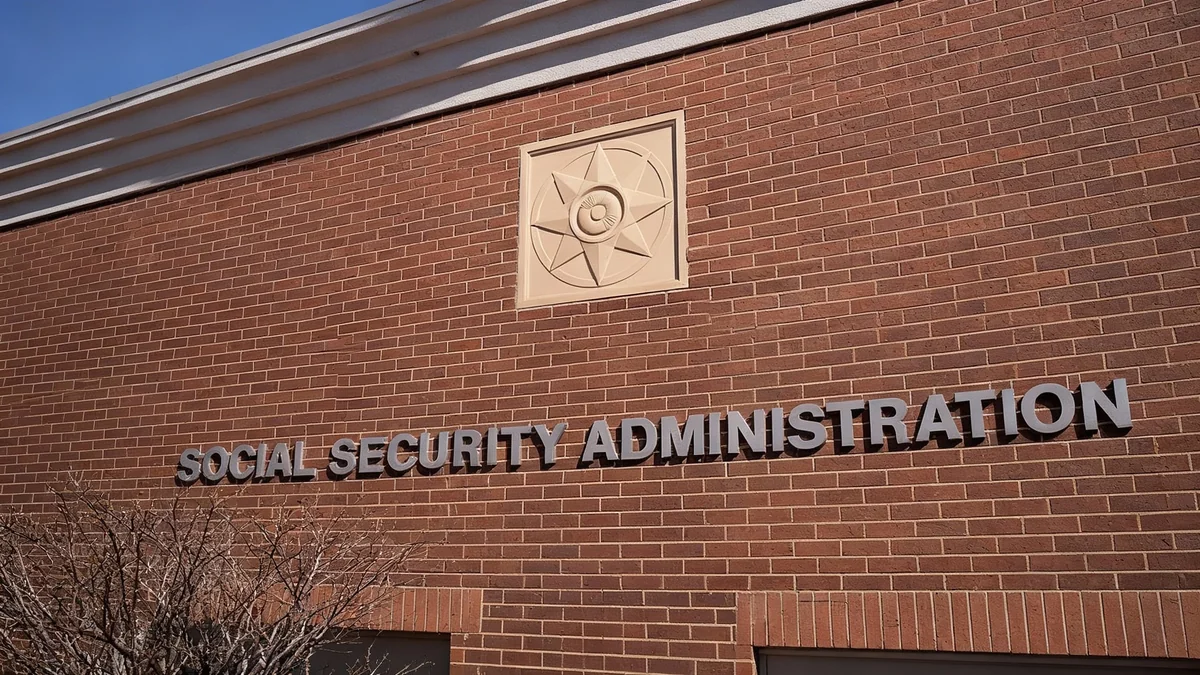A recent executive order signed on August 7, 2025, has authorized 401(k) retirement plans to include alternative assets such as private equity and cryptocurrency. This policy shift affects nearly $9 trillion in retirement savings and has drawn criticism from financial experts who warn of increased risks for American workers.
The order, titled “Democratizing Access to Alternative Assets for 401(K) Investors,” broadly defines these assets to include private equity, private credit, real estate, commodities, and digital currencies. While proponents suggest it offers higher potential returns, some economists argue it exposes savers to volatile and high-fee investments that larger institutional investors are beginning to avoid.
Key Takeaways
- An executive order now permits 401(k) plans to invest in alternative assets, including private equity and cryptocurrency.
- The policy impacts a vast pool of retirement funds, currently estimated at nearly $9 trillion.
- Financial experts warn these assets carry high fees and significant risks, potentially undermining retirement security for average workers.
- Critics suggest the move benefits financial firms and insiders more than the retirement savers themselves.
Understanding the New 401(k) Investment Landscape
The executive order represents a significant change in retirement savings strategy in the United States. For decades, 401(k) plans have primarily been limited to traditional investments like stocks, bonds, and mutual funds. The inclusion of alternative assets introduces a new layer of complexity and risk.
According to Gerald Epstein, professor of economics and co-director of the Political Economy Research Institute at the University of Massachusetts Amherst, the policy may not deliver on its promise of higher returns for the average person. He argues that the move could lead to what he terms "democratizing exploitation."
"It will allow and indeed encourage more Americans, desperate to put away savings for their retirement, to open themselves up to exploitative and misleading investment advisors, brokers, and asset managers on the false promise that they will get higher returns," Epstein stated.
The core concern is that many retail investors lack the resources and expertise to properly evaluate the risks associated with these complex financial products.
What Are Alternative Assets?
Alternative assets are financial assets that do not fall into conventional investment categories like stocks or bonds. The executive order specifically mentions:
- Private Equity: Investments in private companies not listed on a public stock exchange.
- Private Credit: Direct lending to companies, often those unable to secure traditional bank loans.
- Real Estate: Direct or indirect investment in property.
- Commodities: Raw materials like oil, gold, and agricultural products.
- Cryptocurrencies: Digital or virtual tokens that use cryptography for security.
The Risks Associated with Private Equity
Private equity has been a focus of concern for financial watchdogs. These firms typically acquire companies, often using significant debt, with the goal of restructuring and selling them for a profit. However, the outcomes for the acquired companies and their employees can be severe.
Research from experts like Eileen Appelbaum and Rosemary Batt has documented cases where private equity buyouts led to bankruptcy and job losses, such as with companies like Toys ‘R Us and Steward Health Care.
Furthermore, the returns for investors may not justify the risks and high fees. "While the private equity partners make billions, some studies show the private equity investors make no more than average returns but pay much higher fees and expenses," Epstein explained, referencing analysis from figures like Ludovic Phalippou.
According to Americans for Financial Reform, the performance fees charged by private equity firms contributed to a sevenfold increase in the number of multibillionaires in the U.S. between 2006 and 2015.
Epstein notes a trend where sophisticated investors, including large pension funds and university endowments, are reportedly reducing their exposure to private equity. This new rule could mean that 401(k) savers are being encouraged to enter a market that more experienced investors are starting to exit.
Cryptocurrency: Volatility and Speculation in Retirement Portfolios
The inclusion of cryptocurrencies in retirement plans is another area of major concern for analysts. Unlike stocks, which represent ownership in a company, most cryptocurrencies have no underlying real value, making them highly speculative.
Experts like Tonantzin Carmona of the Brookings Institution and law professor Hilary Allen have highlighted the extreme volatility and risk associated with digital assets. While stories of early investors making fortunes are common, most small investors face a high probability of significant losses.
The claim that cryptocurrencies act as a hedge against economic downturns has also been challenged. "The problem with crypto is that it has no underlying real value, so it is highly speculative," Epstein said. He pointed to the 2023 collapse of crypto-friendly banks like Silicon Valley Bank and Signature Bank as evidence that shocks to the financial system can trigger runs on crypto-related assets, leading to widespread losses.
Economic Implications and Market Stability
The broader economic consequences of this policy shift remain a subject of debate. Introducing highly leveraged and speculative assets into the mainstream retirement system could create new systemic risks, particularly during an economic recession.
If the U.S. economy were to enter a downturn, these alternative investments could perform poorly, leading to substantial losses for millions of retirement savers. Epstein warns that neither private equity nor crypto are reliable hedges against negative economic shocks.
A Return to 'Casino Capitalism'
Some economists view this executive order as part of a broader trend toward financial deregulation that encourages high-risk behavior. Epstein suggests the current environment is moving beyond the "casino capitalism" that emerged after the repeal of the Glass-Steagall Act.
"Under Trump 2.0, the crypto interests and big finance are taking us into territory not seen since the 1920s: crony capitalism on steroids," he commented.
Critics also point to potential conflicts of interest, suggesting the policy serves powerful financial lobbies. The crypto industry, for instance, made significant campaign contributions in the 2024 election. A New Yorker report from August 2025 estimated that the Trump family has earned billions from crypto-related ventures, raising questions about the motivations behind a policy that promotes these assets to the general public.
As this new rule takes effect, financial advisors and retirement planners will face the challenge of guiding clients through a more complex and potentially perilous investment landscape. The long-term impact on the retirement security of American workers remains to be seen.





